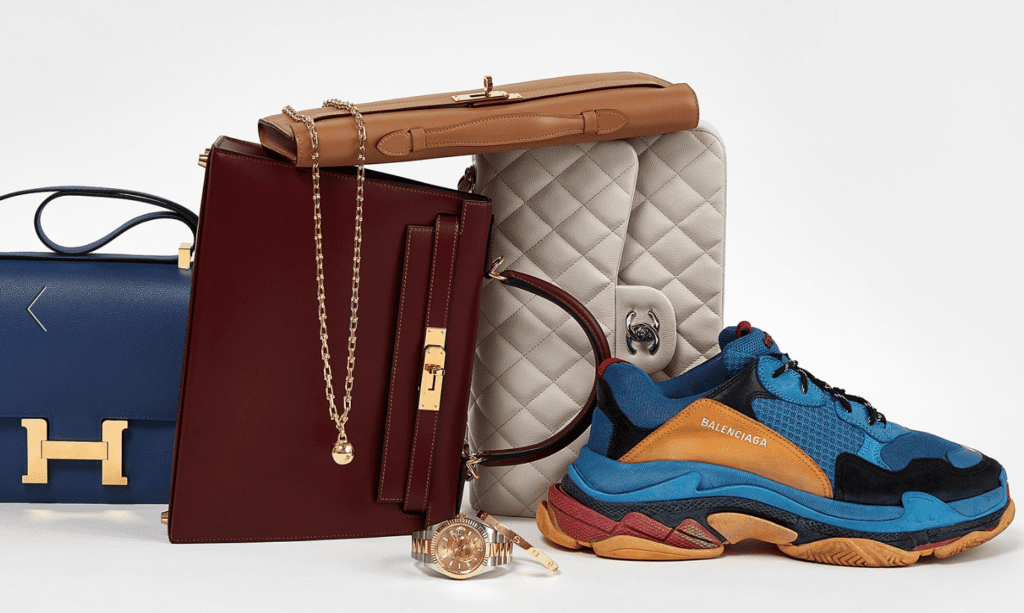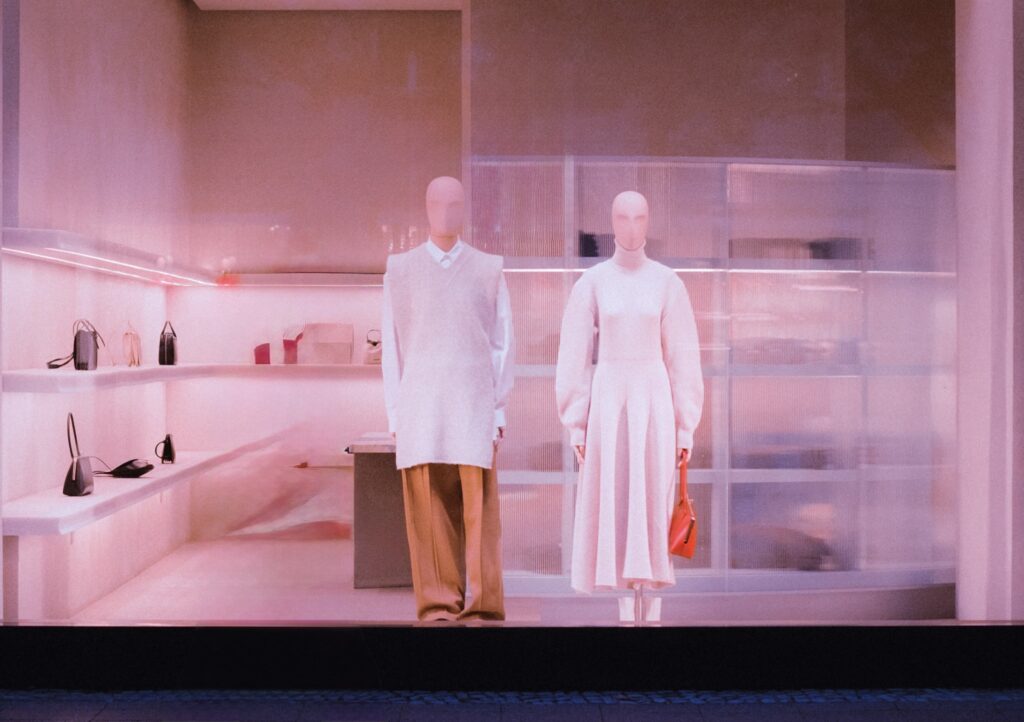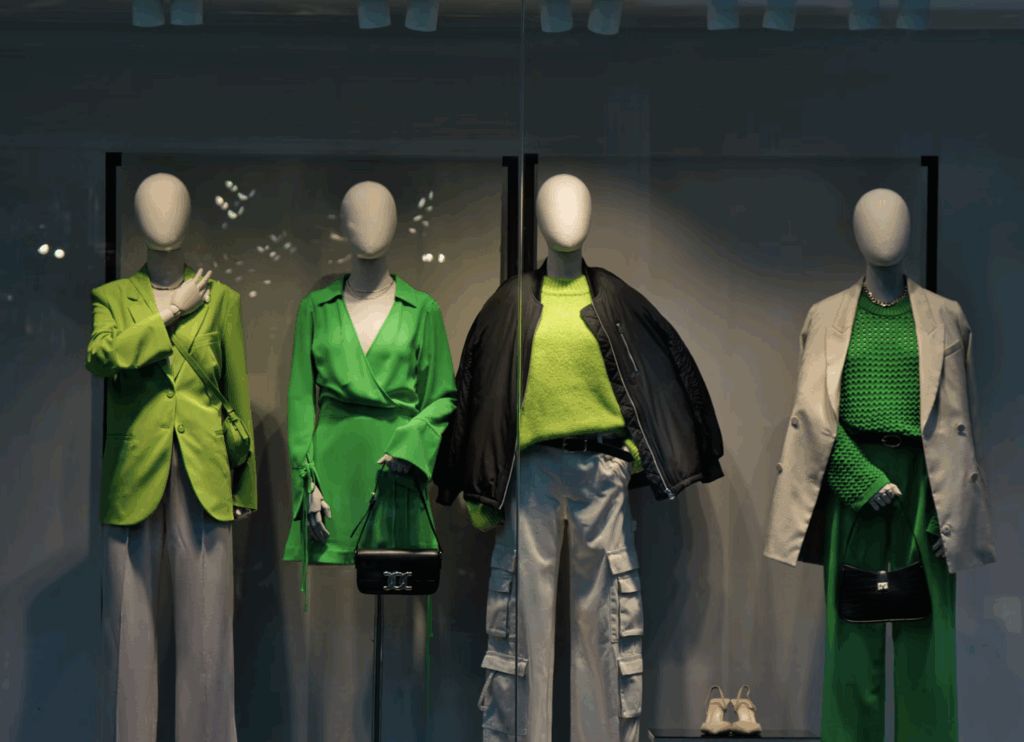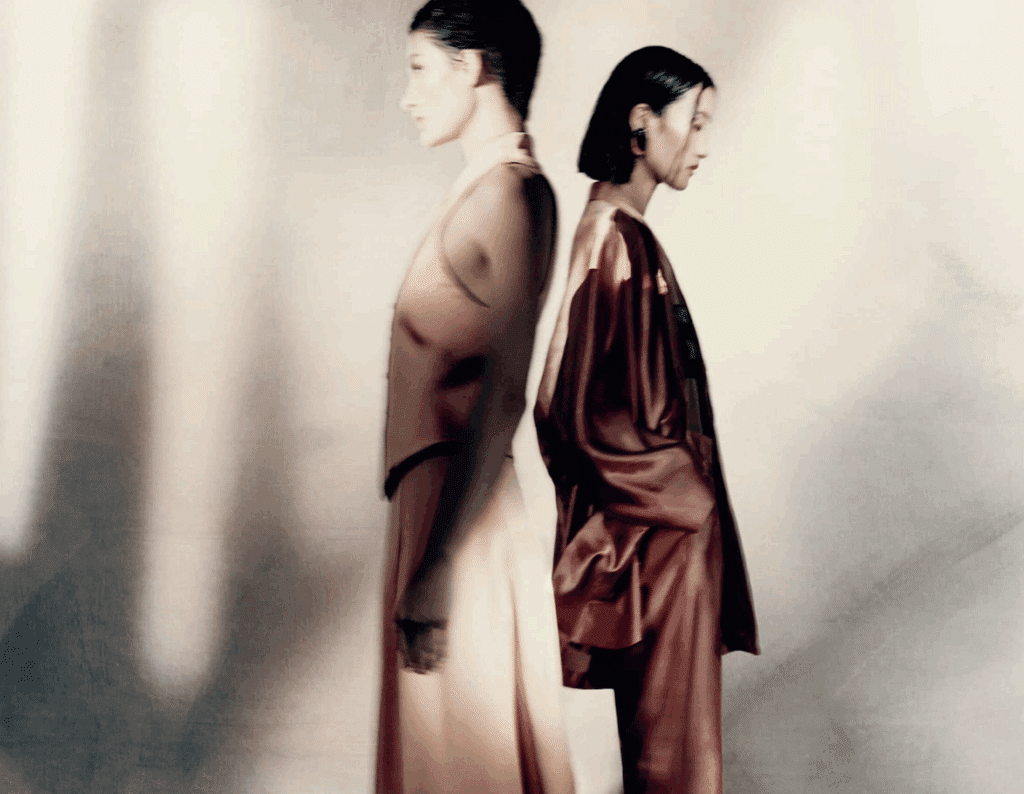“The secondary market for luxury goods has always existed in the shadow of the primary market,” according to a report from the Boston Consulting Group, but that is beginning to change as demand for discounted pre-owned goods is giving rise to “one of the fastest-growing areas of luxury.” The management consulting firm estimates that luxury resale will grow at an average rate of 12 percent per year through 2021 to a whopping $36 billion market with a 9 percent share of the personal luxury goods segment. That is quite a bit larger than the 3 percent growth rate for the primary luxury market for that same period of time.
In the U.S., alone, 50 percent of luxury customers – which BCG defines as those who have purchased a luxury item in the previous 12 months – have taken to participating in the resale market. And based on its survey with Paris-based resale company Vestiaire Collective, in Europe, the market is “developing quickly,” while the “resale market in China is emerging steadily, too, although it is not yet well structured and no large players have appeared.”
With this in mind and given that “secondhand sellers typically use resale to regain some of the money they spent on firsthand purchases—often so they can reinvest in new, full-priced luxury products,” while giving brands “a powerful opportunity to grow their customer base,” BCG says that “luxury goods manufacturers have much to gain by encouraging and participating in the fast-growing luxury resale market.”
This could come in the form of “converting [resale consumers] to the primary market,” per BCG, or as Bloomberg’s Sarah Halzack and Andrea Felsted recently stated that the availability of resale platforms might actually encourage consumers to purchase luxury products from brands in the first place. “Say you’re considering a classic Balenciaga City bag for about $2,000. Is it worth the investment? A scroll around The RealReal shows that you might be able to resell it for about $600.” That could be “exactly the kind of assurance,” they say, that a “first-time millennial or Generation Z luxury buyer needs to take the plunge on a pricey accessory.”
BCG echoed this notion, stating that among many of the 12,000 consumers in ten countries that it surveyed in conjunction with Vestiatire, 44 percent of respondents said that they purchase “more-expensive luxury items than they would have bought without a resale market.”
In short, BCG found that “brands that support the secondhand market – without fearing consumer feedback or competition – are most likely to emerge as winners.”














